
Serbs have not yet fully understood what the myth of the Battle of Kosovo means, says journalist Radomir Dimić, as he takes a critical look at the myth, describing it as a product of 19th-century political theology, a “false religion” that has served to justify harmful policies towards Kosovo and Albanians.
In this interview with The Geopost, Dimić discusses the misuse of history by Slobodan Milošević’s regime, the continuation of the Gazimestan ideology in the current government of Aleksandar Vučić, and the role of students and citizens in the recent protests in Serbia.
Full interview:
Dimić: Partly yes, I would agree with your question that it is a period of the 19th century, I would say maybe more, maybe less, of the indoctrination of the Serbian people with the concept of myth, or more precisely of the absorption of the myth about Kosovo.
Serbs still live with myths, and this has been going on for a very long time, a very, very long time, and I can say that the whole story about the myth of Kosovo is being misused, is being misused as a paradigm, as a paradigm of freedom.
Actually, what is the Kosovo myth?
The Kosovo myth is a product, I would say, of 19th century political theology and false religion.
In fact, the Kosovo myth was constructed with the aim of restoring Dušan’s empire, and therefore a kind of revenge for the Kosovo battle that was lost, that is, an expansionist policy towards Kosovo, especially after the 90s when Kosovo, thanks to the policies and regime of Slobodan Milošević, now gained its independence.
So when it comes to the Kosovo Serbs, I think that they have not yet fully understood what the Kosovo myth means, that it is a deception, that it is a type of religion that tries to bring heaven down to earth and that the Serbs are still the people of Kosovo, that Kosovo is still the holy land of Kosovo, and basically it is a metaphysical space in which Albanians live and who pragmatically experience it as a space in which they live, and not as some heavenly story of the Serbian people, and so on and so forth.
Therefore, the Kosovo Serbs are still the Trojan horse of the politics of not only Slobodan Milosevic when they gathered in large numbers in Gazimestan, when we heard big slogans and big threats to the Kosovo Albanians, that they will all be expelled through “Mountains”, and that this Gazimestan policy is actually just a continuation of an ideology that has lasted for centuries and it is still manifested through the current existence and attempt to restore a kind of Serbian world by Aleksandar Vučić.
In this regard, I would like to follow up and say a few words about the upcoming invitation of students and citizens in synergy that they are organizing on June 28 in Belgrade.
Actually, it is a continuation of that magnificent rally, that magnificent protest and the entire Serbian and student assembly when it was magically dispersed by the use of sonic weapons that are still being investigated in the United Nations and we still don’t have a real, real answer.
What does the call of students and people on June 28 actually mean?
Actually, it’s not a manifestation of violence, as someone in the government wants to portray it, as someone wants to overthrow the state now, and because that’s what they’re called mercenaries, foreign mercenaries, that now they’re also Nazis, that they’ve prepared some kind of state coup for June 28, which I absolutely do not agree with and that’s not true.
I think that on June 28, the students will come out with a unique edict that changes must be made, first of all democratic changes that the students have been asking for for seven months, and to which the government gives absolutely no answers.
Therefore, not only democratic changes, but also political changes of a system that is corrupt, in which a system in which only one man rules, has absolute control and power over the institutions that have been usurped and therefore the students have every right to demand. not cosmetic changes, but systemic, deep changes, require the establishment of the rule of law and the rule of law, and in that sense, the students on June 28, unlike all previous Vidovdan celebrations that have a nationalist charge, want something else, and that is a unique, modern, advanced Serbia, devoid of all nationalism and chauvinism and Great Serbian aspirations.
In this regard, Serbs are really expecting a big roller coaster.
/The Geopost

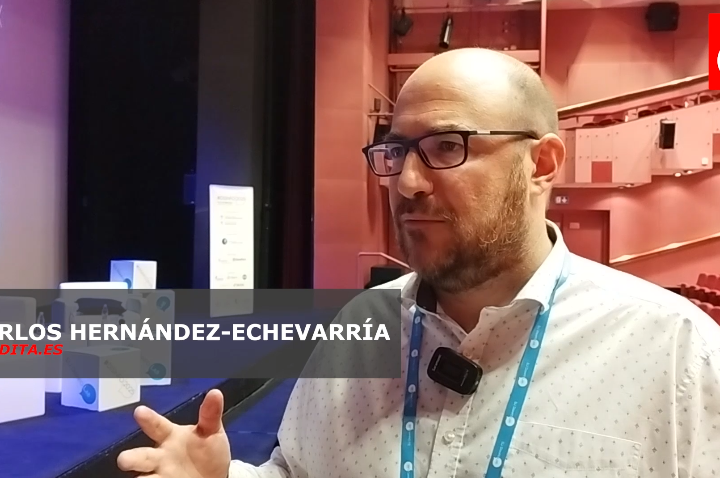 Russia is using disinformation to influence Western democracies
Russia is using disinformation to influence Western democracies  “Disinformation is becoming more sophisticated,” Alexandre Alaphilippe talks about global challenges and the role of AI
“Disinformation is becoming more sophisticated,” Alexandre Alaphilippe talks about global challenges and the role of AI 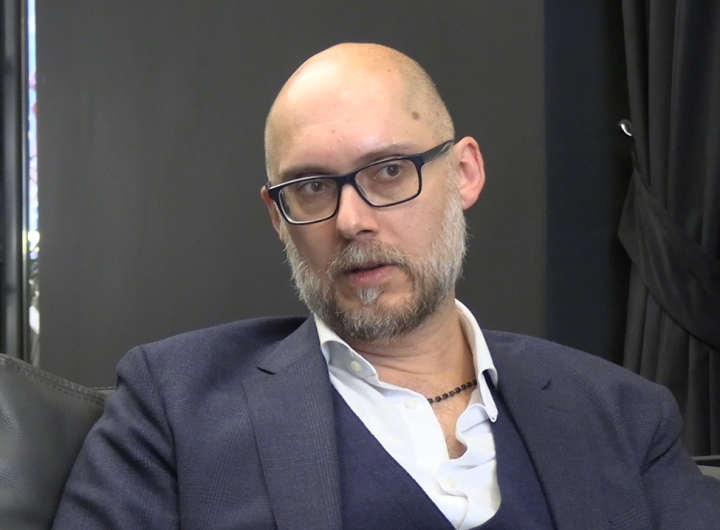 Paolo Palumbo: Russia is strengthening disinformation campaigns through artificial intelligence
Paolo Palumbo: Russia is strengthening disinformation campaigns through artificial intelligence 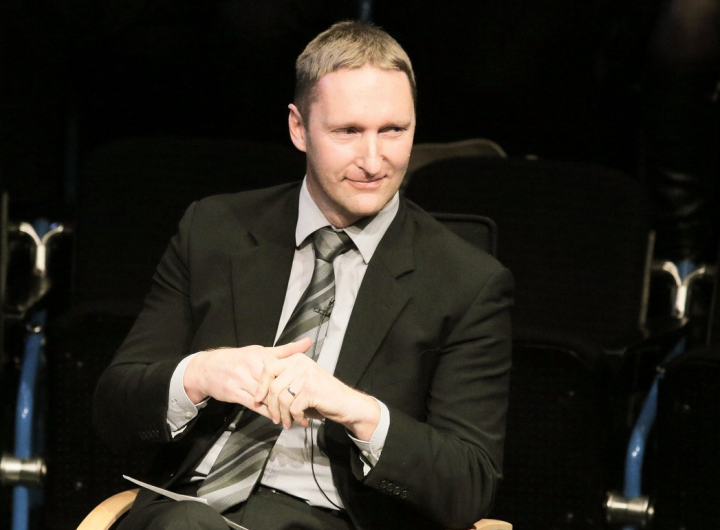 Professor Iztok Prezelj: Balkans influenced by external powers, Serbia serves as an entry point for Russia
Professor Iztok Prezelj: Balkans influenced by external powers, Serbia serves as an entry point for Russia 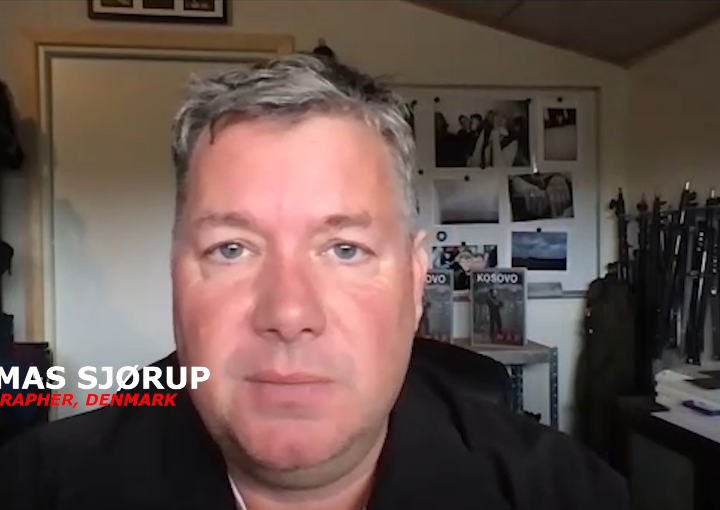 Kosovo through the lens, interview with the photojournalist of 1999
Kosovo through the lens, interview with the photojournalist of 1999 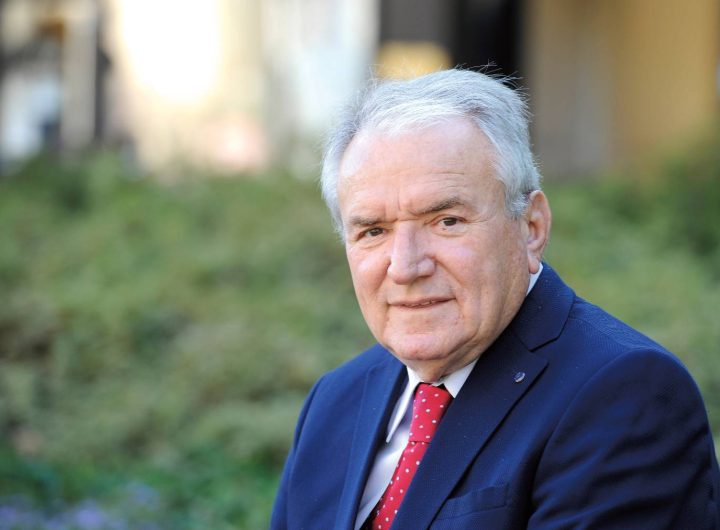 Djukic for The Geopost: There is a civil war in Serbia, the final outcome will be known in a few weeks
Djukic for The Geopost: There is a civil war in Serbia, the final outcome will be known in a few weeks